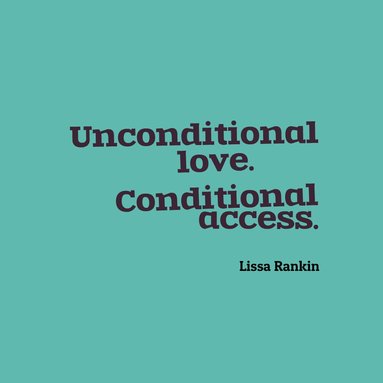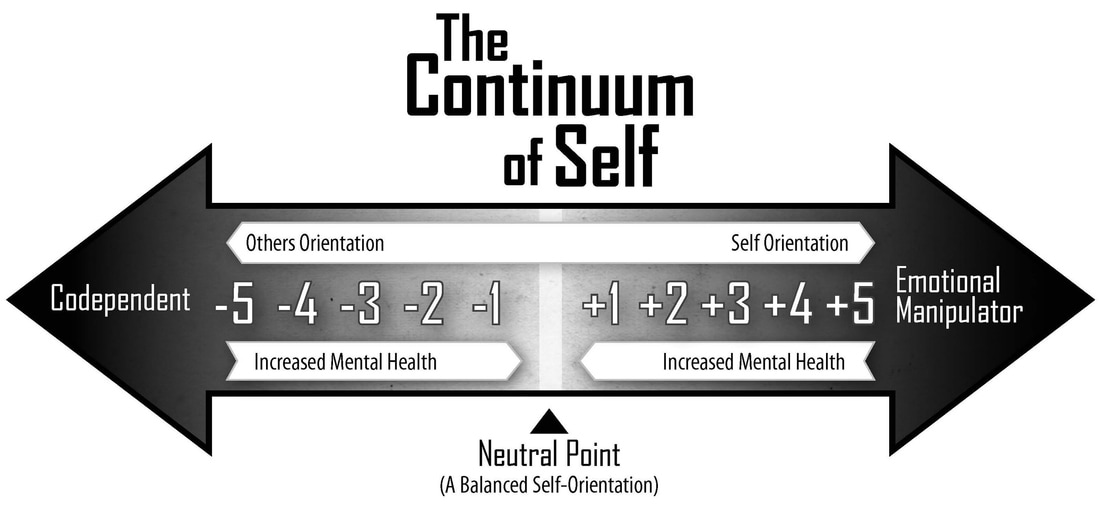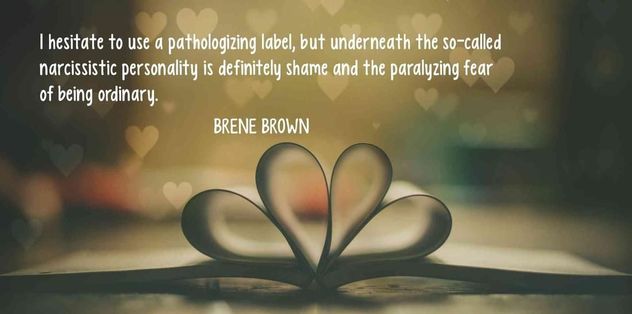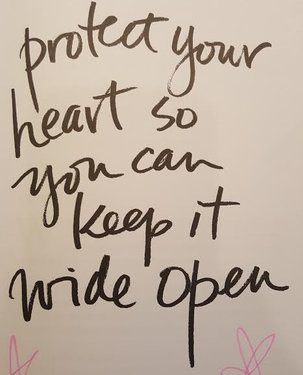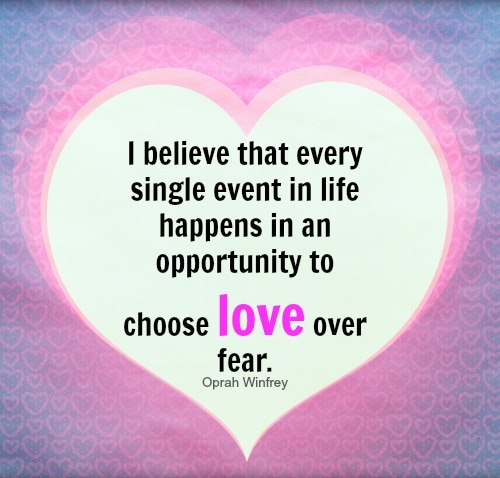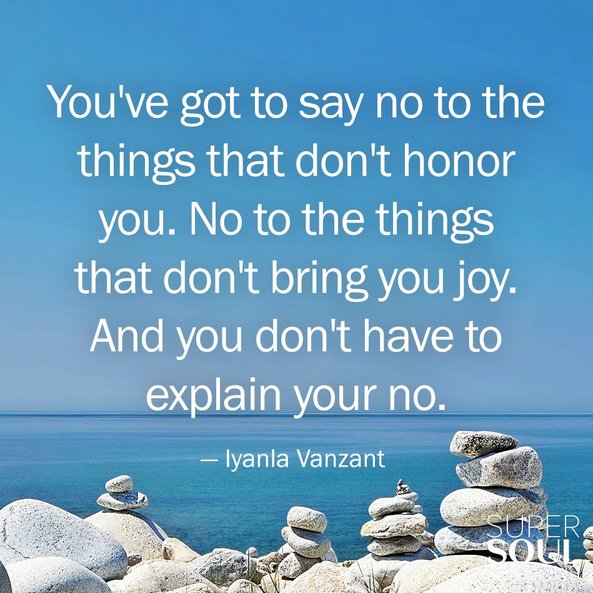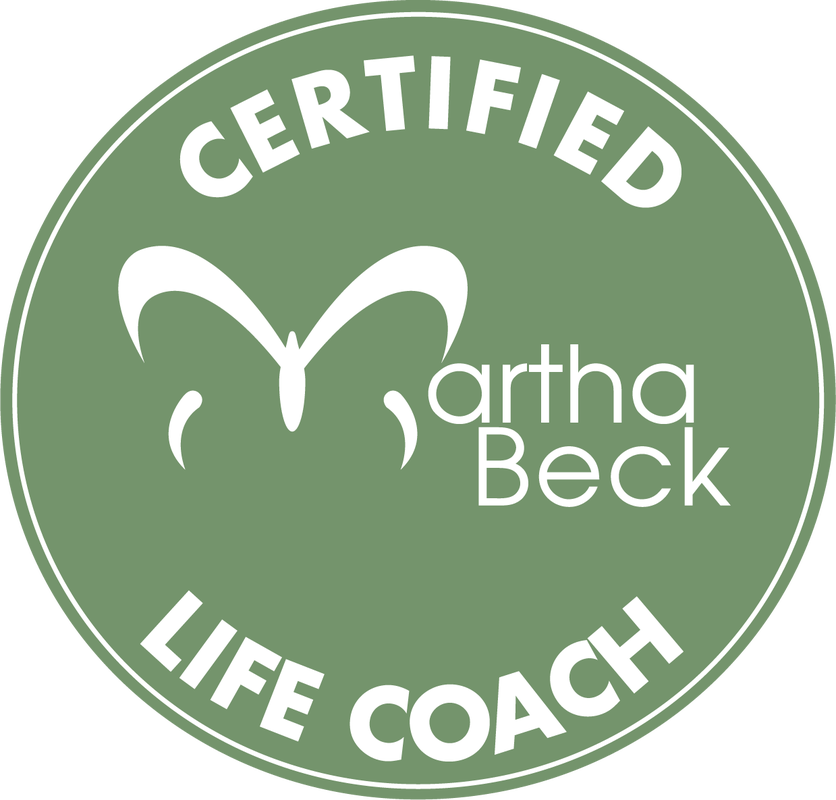|
I’ve written blogs about how other people are our mirrors. I still believe this to be true in many, many ways. We are often most upset by the things in others that we haven’t yet healed in ourselves. AND! Sometimes someone is in our life to give us an opportunity to learn how to deal with the behavior they are throwing at us. More AH-HA’s this week in reading Danielle LaPorte’s latest book “White Hot Truth”. Maybe it’s just me, but I’ve had people come through my life who could be certifiably considered to be jerk-faces. I’ve spent plenty of time kicking my own backside, thinking that I too must be a said “jerk-face” in some way, since I am attracting this personality and it’s behaviors into my path. I would amp up my compassion, grace, or often… get totally red-head, on fire angry at these people for behaving in ways that seemed cruel, hurtful and crappy towards me. That last option always felt better than the first one, but the relief is temporary! As Danielle says, we take a lot of crap in the name of being spiritual. That has been my go-to mindset in these situations for as long as I can remember. I would tell myself that I am trying to be loving, open, and mindful and that tolerance is the answer to this person being less than their best self with me. I’d make excuses for the other person’s behavior, try to be understanding, try to “fix” it. This, my friends, sounds amazingly like the description of codependency, basically because that’s exactly what it is. I’m just going to quote Danielle on this next part, because it’s totally right-on. “But if we’re operating from our real power, rooted in our self-Love and respect, we’d steer clear of people who obviously aren’t going to meet our most important needs. We would avoid taking on relationships as “projects” and instead seek relationships centered around growing together.” So we’d focus on having a shared purpose of our relationship that helps us both become our best selves in ways we couldn’t do that on our own, rather than blaming, defending, judging, fixing, and taking it all so dang personally IF we were standing in our own light. As someone with pretty hefty codependent patterns, I have done some (code for loads and loads of) research on how to bust those patterns and one thing that I find in all the research is also echoed in Danielle’s findings. Those who are super empathetic, trying to be spiritual and become over tolerant attract a certain type of person like a magnet…. Narcissists. It’s a match made in heaven! A person who is all about making it okay for others and a person who is all about making it okay for themselves – wha-la! The perfect laboratory for learning. Now narcissism is a clinical term and there are certainly varying degrees of it. We all have some degree of narcissism to be sure and there are actually healthy levels of narcissism, like our need to be validated, respected, heard, etc… I remember when I asked my counselor Joy about this topic she said “Narcissism is about surviving.” In spite of how it appears, narcissism is about low self-worth. At their core, both codependent and narcissistic tendency people share a common thread. Fear. They fear abandonment, not being enough, not being loved, and they fear dealing with their own true feelings. If you noticed the “continuum of self” graphic up above, you see that over focus on others or over focus on self both lead to increased pain and lead away from being healthy. Everyone comes into our lives to teach us something about OURSELVES. Sometimes it’s to show us a part of ourselves that we have disowned. Sometimes it’s to show us something we need to heal in ourselves. And sometimes it’s to give us the gift of learning to love ourselves enough to NOT tolerate their behavior towards us. Yes. By all means, love IS forgiving and if you aren’t loving yourself you may find that you attract people into your life to help you learn how to do it. It might be that you have to forgive YOURSELF enough to say “I’ve had enough”. It’s another paradox of the divine path… Love with an open heart and have boundaries to protect it. “Not only do we hurt ourselves by tolerating demeaning treatment or aggression, we also feed the other person’s monster. Being compassionate of yourself by not accepting poor behavior offers the other person involved the opportunity to look at themselves. It’s their choice to use that information to get closer to their Soul, or not.” Boundaries are something most of us struggle with, especially when you are on a mission to be loving, spiritual, and joy focused – so basically ALL of us struggle with boundaries! The thing that most don't realize is that boundaries are not for the other person, they are for YOU. It’s another paradox: boundaries make it possible for you to love even more openly. If you aren’t sure where to start in finding your boundaries, listen to your body. It knows and is sending you messages all the time when you are in need of a stronger boundary. It’s weird, but boundaries show people how to get close to you. The most straight forward definition of codependency I can find is from Dr. Darlene Lancer: “It is, at its core, to lose yourself” People with healthy emotional boundaries don’t lose themselves in intimate relationships. Poor emotional boundaries can cause you to feel responsible for and at times even guilty about someone else’s problem or negative feelings. When your locus of control is others – it makes you easy to manipulate. So here is a little litmus test you can run next time you are faced with someone being a jerk-face toward you… before you respond ask yourself “Am I coming from love or fear right now?” Love COULD mean that you disengage, draw the line, tell them this isn’t working for you. Fear might be that you try to “fix” it for them because you are fearful of the conflict, or the outcome, or jeopardizing the relationship, or the repercussions (clean-up). The love response isn’t just about THEM, you must include yourself in the love equation. If you find yourself wondering “Why in the hell did I let someone treat me like that?” you know there’s a gift in their behavior for you. Sure, it could be they are being a mirror for you to see yourself in their crappy behaviour – but if you read this blog regularly, my guess is that their behavior is for you in another way. It may be that you need to love yourself enough to have a boundary when a bona fide jerk-face shows up on your path. Being tolerant is a beautiful thing to offer another person, unless it is coming from a place of our own feelings of unworthiness or thinking there is something “wrong” with us. That’s when it crosses over into things like codependency and unhealthy thoughts about ourselves. It will pretty much always go sideways on you when this is where your tolerance is emanating from. It's really difficult to remember when you are in the midst of a tough interaction with another person, but their behavior is really never about you. People will blame you, people will judge you, people will love you and none of any of has anything to do with you really. It's about them and their experience - over which you have absolutely no control. That doesn't mean you can't care about this person, you can choose to love them, hear them, and not take it on when they trash you. We don’t have to “earn” better treatment. The only time we think this thought is when we don’t value OURSELVES. Seems to me that we often tolerate the same level of treatment from others that we tolerate from ourselves. We talk horribly to ourselves, so when someone else does it, we go along since it’s what we think we “deserve”. So maybe the first boundary we need to set is with ourselves, how we talk to ourselves. Start out with not being willing to take any more nasty remarks from your inner gremlin. Sixty seconds might be a good goal at first! Then just keep going and string some minutes together. Once we can do this with ourselves, telling the jerk-face who shows up: “I love you and this isn’t working for me” will come through easily for you. XOXOXOXOX Sandy
1 Comment
Thanks for sharing the article, and more importantly, your personal experience of mindfully using our emotions as data about our inner state and knowing when it’s better to de-escalate by taking a time out are great tools. Appreciate you reading and sharing your story since I can certainly relate and I think others can to
Reply
Leave a Reply. |
Sandy Edie HansenI use this space to "Chat" about things I am working through and learning in my life currently. Join me! Archives
September 2022
Categories |
Proudly powered by Weebly

